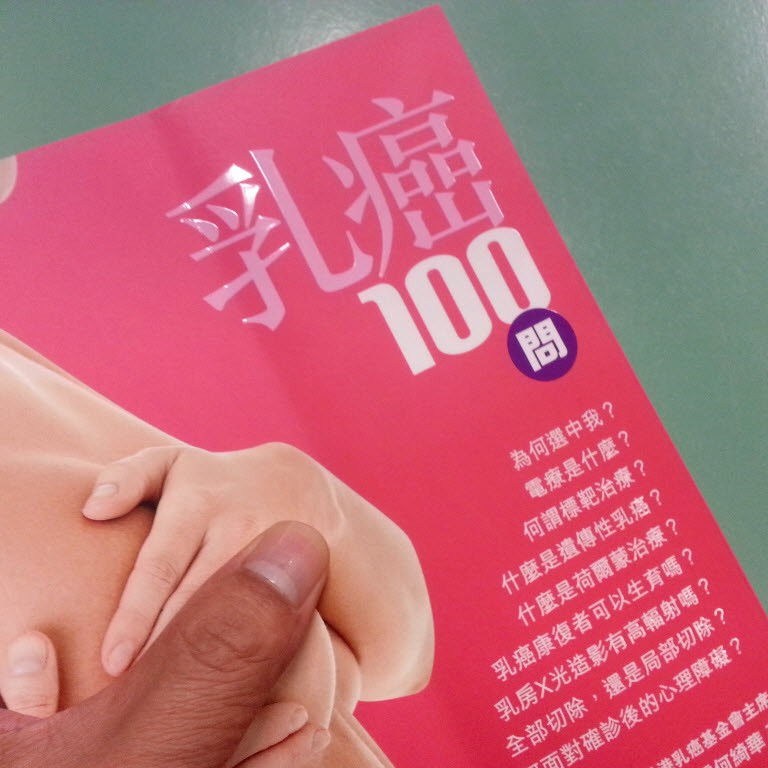
Hong Kong's Women Too Shy For Breast Cancer Prevention
One in four reported strong feelings of embarrassment about checking their breasts.
World Cancer Day fell on February 4 last week, and it was not only a day to bring forth further awareness of the worldwide cancer epidemic, but to also shine a light on how few Hong Kong women are aware of the risk factors and symptoms of breast cancer. Breast cancer is the most common cancer in women worldwide—and in Hong Kong, on average about nine women are diagnosed with breast cancer every day.
Across the globe, diagnosed cases of female breast cancer have more than tripled in the past two decades, yet a number of myths are still being perpetuated across Asia about the disease. Over a third of women in Asia believe that breast cancer always comes up in the form of a noticeable lump, and more than 50 percent of women in Indonesia and the Philippines believe that wearing a wired bra increases the risk of developing breast cancer.
“In Hong Kong, there is still a need to further educate women on the subject of breast cancer, including its risk factors and symptoms,” says Vicki Au, the Hong Kong and Macau general manager of the Estée Lauder Companies. In an ongoing Breast Cancer Awareness campaign, the Estée Lauder Companies, which have been supporting the fight against breast cancer since 1992, have also carried out a study among 6,000 women across the Asia Pacific—500 of whom are from Hong Kong.
Findings reflected that two in five women did not know how to perform a self exam to check for breast cancer symptoms, and 18 percent have never examined their breasts. Nearly one in four Hong Kong women in particular reported strong feelings of embarrassment about checking their breasts.
More than ever, the emotional barriers stopping women from diligently taking action on breast cancer are emerging. The study found that only one in four women would feel comfortable telling their spouse or partner if she discovered a lump, while 13 percent would tell their parents. Only 3 percent would tell their children.
“Although there is no immunity to the disease, early detection via self-checking and breast screening by doctors can save lives. It’s important to continue to encourage women to conduct regular self-examinations and to promote openness about breast cancer so that if women do find symptoms of breast cancer, they do not feel isolated,” Au says.

